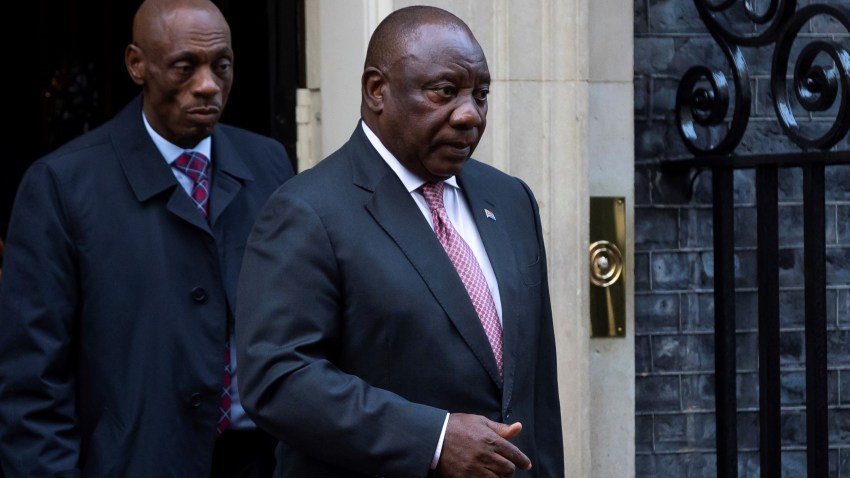In May, the U.S. ambassador to South Africa made public Washington’s suspicions that a Russian vessel, the Lady R, had been loaded with weapons at a South African naval base back in December, precipitating a crisis in bilateral relations. The government of President Cyril Ramaphosa appeared blindsided by the accusation, with no one able to provide a definitive response to it.
The incident, and South Africa’s stance on the Russian invasion of Ukraine more broadly, demonstrate that the country’s crisis of governance is not confined to the domestic scene. Pretoria’s approach to the war has been afflicted by the same blend of ineffectual leadership and taste for ideological grandstanding that characterizes the domestic performance of Ramaphosa’s government.
Officially, South Africa has adopted a position of nonalignment on the conflict ever since Russia invaded Ukraine in February 2022. Most notably, Pretoria has abstained on a number of United Nations General Assembly resolutions criticizing Russia’s war of aggression, justifying those votes by pointing to South Africa’s commitment to dialogue and its opposition to U.N. resolutions that promote polarization rather than peaceful conflict resolution.

